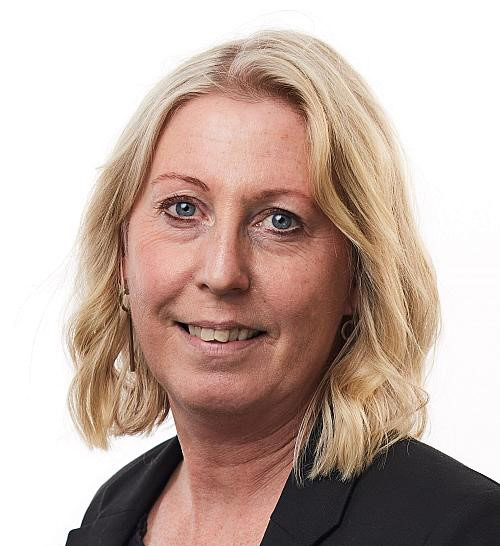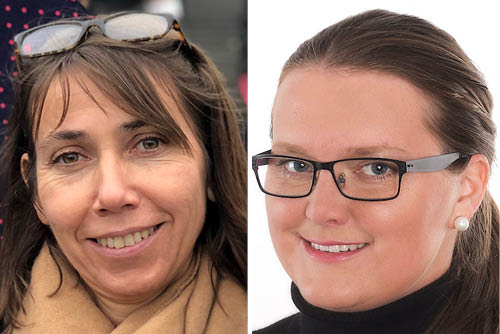Research project granted close to SEK 6 million
Pernilla Mårtensson, Senior Lecturer in Didactics and program manager of the primary teacher program at the School of Education and Communication (HLK) at Jönköping University (JU), is one of three researchers who have been granted funds for the research project “Prospective Teachers’ Ability to Teach Early Arithmetic Skills – PROTEA”.

Photo by: Artem Podrez
The project was granted 5,996,684 SEK through the Swedish Research Council's extensive call for proposals in educational science. Pernilla Mårtensson, together with researchers Angelika Kullberg and Rimma Nyman at the University of Gothenburg (GU), will, during thefour year project, contribute knowledge about how student teachers can develop their ability to teach so that younger students are given as good opportunities as possible to learn the core sections of basic arithmetic (knowledge of the properties of numbers and different calculation methods).

Pernilla Mårensson, Senior Lecturer in Didactics and program manager of the primary teacher program at HLK.
“Since our student teachers have teaching experience from their own schooling, which has largely been about using a calculation method, it is not obvious to them what kind of teaching that will give students good numeric understanding includes, or how such teaching can be implemented. They tend, so to speak, to teach in the same way that they themselves were once taught,” says Pernilla Mårtensson.
Another problem that the trio has seen is connected to what, in previous research, is usually called the "gap between theory and practice". Among other things, it is known that student teachers can experience theories and theoretical knowledge as irrelevant if these do not relate to concrete and practical teaching problems during the training.
“Therefore, at both GU and JU, we have developed a teaching design in a couple of mathematics courses that is based on weaving together practice and theory. This means that the students in groups plan lessons based on mathematics didactic research, a learning theory and students' pre-understanding, then they test the lesson in real classes. Then they analyze and revise the lesson, and test and analyze the lesson again. But how student teachers' ability to teach early arithmetic (so that students develop good understanding of numbers and knowledge of how numbers can be structured) develops when they use theories in practice, we need more knowledge about,” says Pernilla Mårtensson.

Angelika Kullberg and Rimma Nyman.
The research grant makes it possible for the three of them to work on the project for 30 percent of their working time over four years. The time given for the research is of course the biggest gain, but another upside is that the collaboration between JU and GU will be closer, as the students at the two universities will share with each other their insights about teaching and students' learning in arithmetic, and, in this way, will build on each other's knowledge.
That the trio would be granted research funds was not a foregone conclusion. The positive news from the Swedish Research Council was a happy surprise.
“It was completely unexpected, only about 10 percent of those who apply are granted funds, but of course we were delighted! It is also nice that the judging panel found our ideas and set-up to be interesting,” concludes Pernilla Mårtensson.
